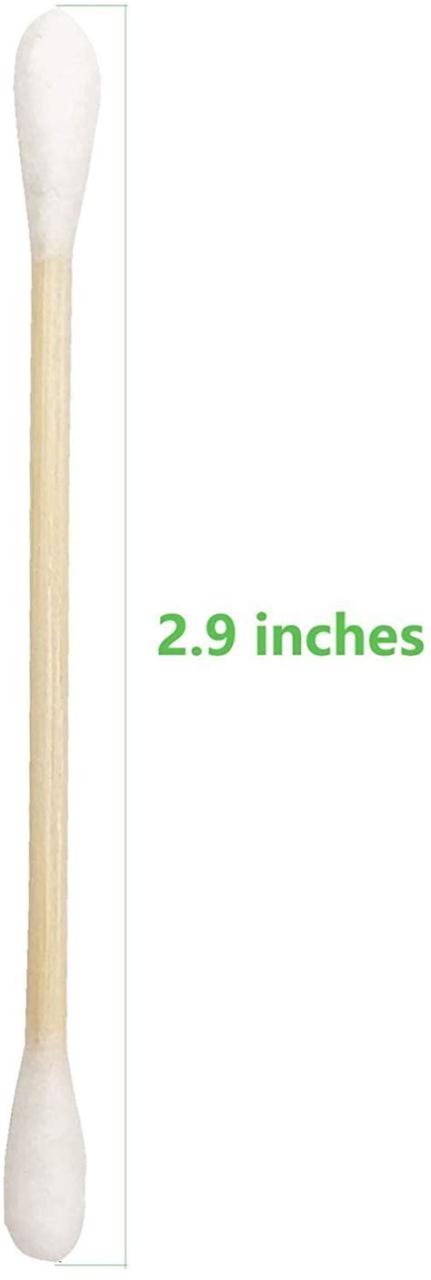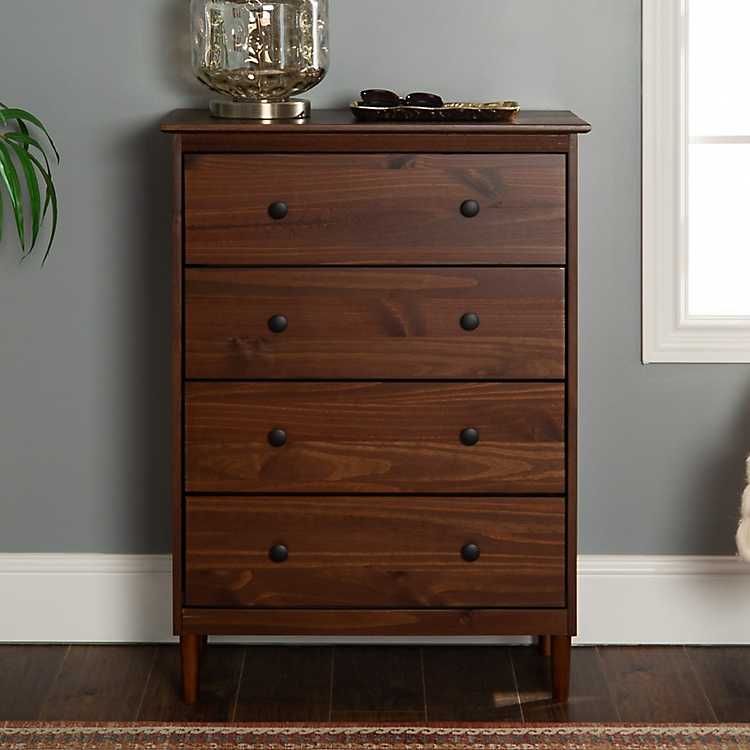In the quest for sustainable living, consumers are increasingly turning their attention to everyday products that have a significant environmental impact. One such product is the cotton swab, a staple in many households for personal hygiene, makeup application, and cleaning purposes. Traditionally made from plastic, cotton swabs have drawn criticism for their contribution to pollution and environmental degradation. However, alternatives like bamboo cotton swabs are gaining traction. This article delves into the showdown between bamboo and plastic cotton swabs, exploring their environmental impact, usability, and market trends.
The Environmental Impact of Cotton Swabs
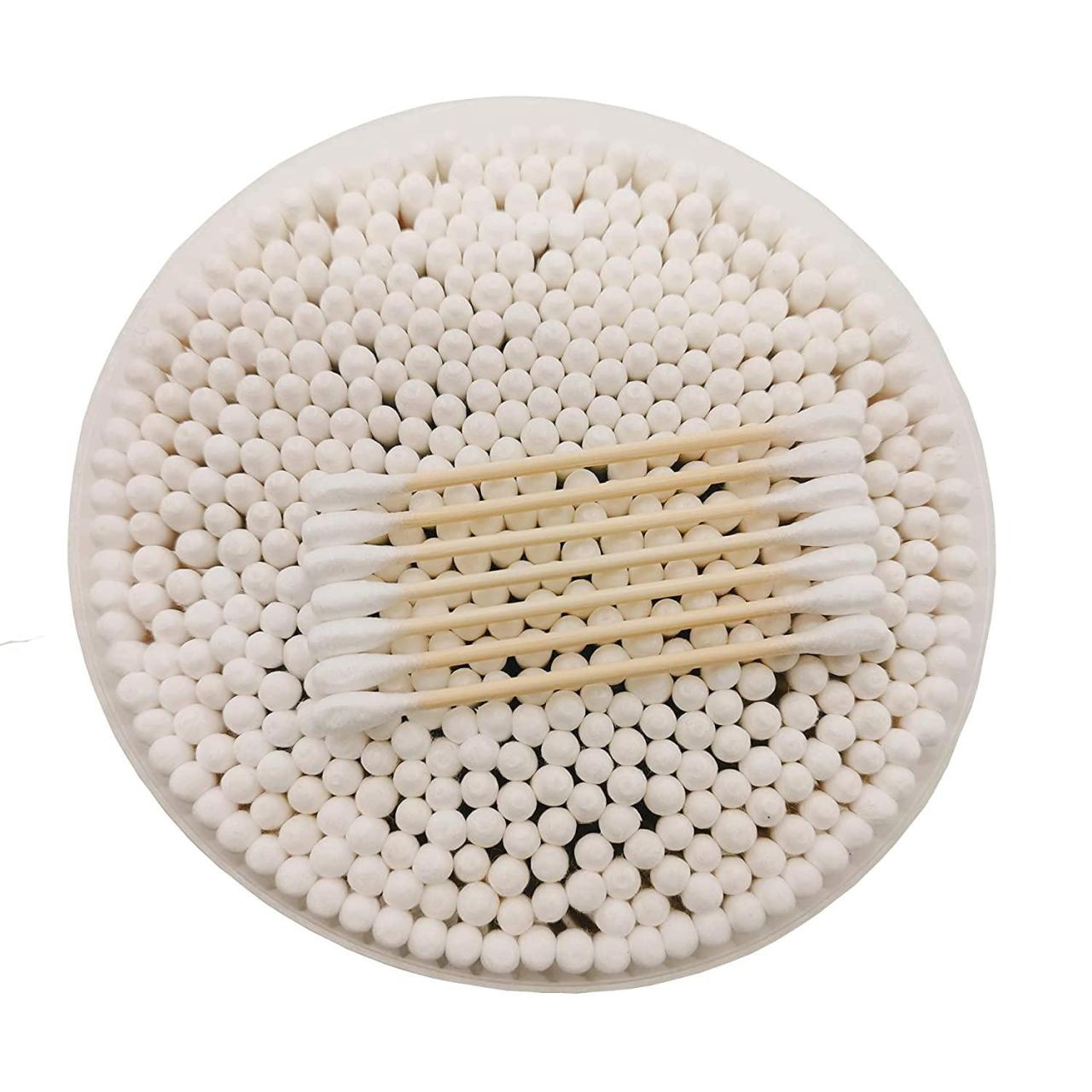
Globally, billions of cotton swabs are used every year, leading to significant environmental concerns. According to the National Park Service, over 1.5 billion cotton swabs are discarded annually in the United States alone. Most of these are made from plastic, which can take hundreds of years to decompose. Here’s a closer look at the environmental impact of each material:
- Plastic Cotton Swabs:
- Non-biodegradable: Plastic swabs can persist in the environment for centuries, contributing to landfill waste.
- Ocean Pollution: Many plastic swabs end up in oceans, where they harm marine life and ecosystems.
- Microplastics: As plastic breaks down, it forms microplastics that contaminate water sources and enter the food chain.
- Bamboo Cotton Swabs:
- Biodegradable: Bamboo swabs decompose naturally in a short period, reducing landfill contributions.
- Renewable Resource: Bamboo grows rapidly and can be harvested sustainably, making it an eco-friendly choice.
- Less Toxic: Bamboo production often involves fewer chemicals compared to plastic manufacturing.
Usability and Performance
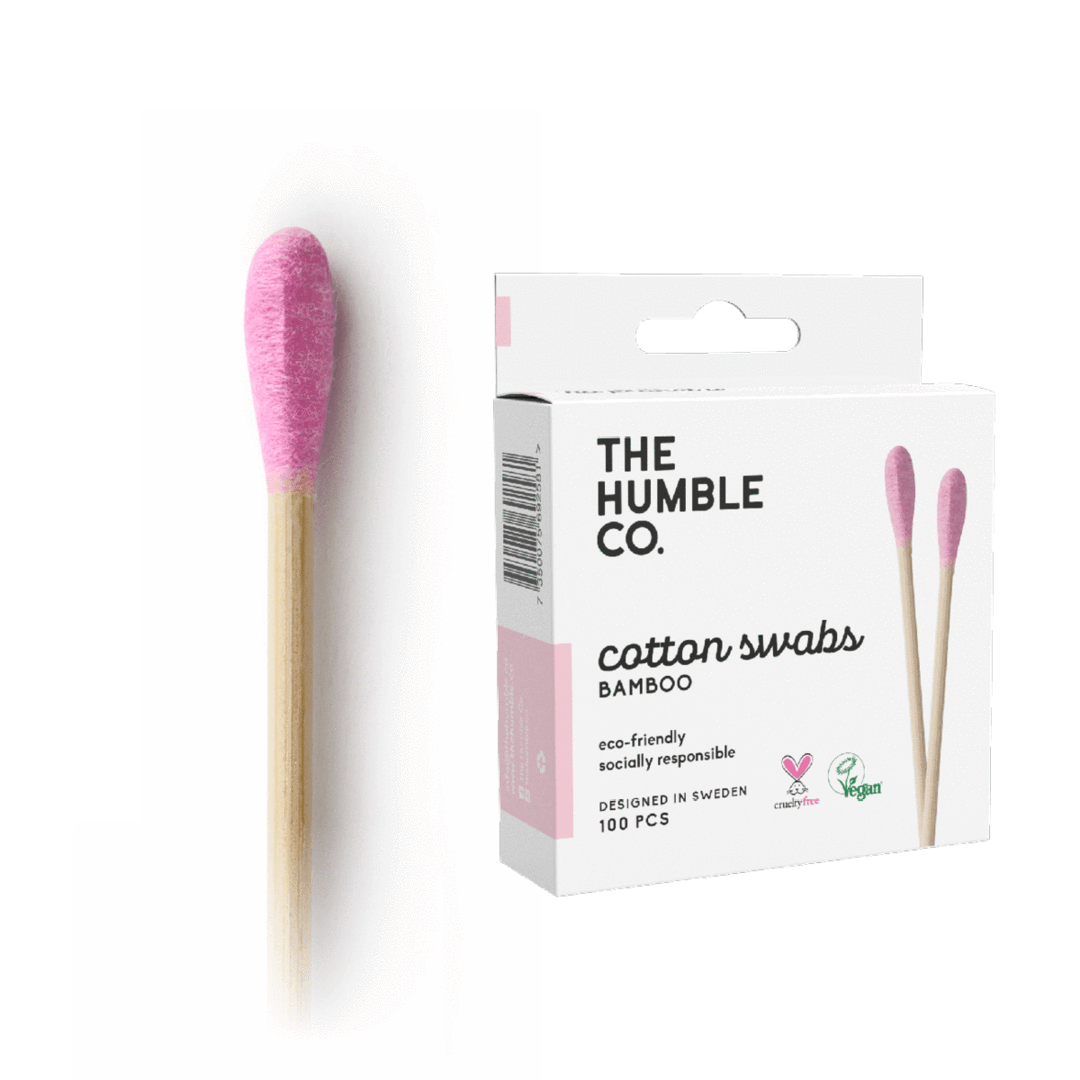
While environmental considerations are crucial, usability is also a significant factor in consumer choice. Cotton swabs must be effective for their intended uses, whether for personal care or cleaning tasks. Here’s a comparison of bamboo and plastic swabs in terms of usability:
- Plastic Cotton Swabs:
- Durability: Plastic swabs are sturdy and resistant to bending, making them reliable for various applications.
- Availability: They are widely available and often cheaper than their bamboo counterparts.
- Versatility: Plastic swabs come in numerous designs and sizes for specialized uses (e.g., makeup application, electronics cleaning).
- Bamboo Cotton Swabs:
- Softness: The cotton tip on bamboo swabs is often softer, making them gentle for personal care.
- Eco-Friendly Design: Many bamboo swabs feature biodegradable packaging, enhancing their sustainability appeal.
- Performance: While bamboo swabs may bend more easily, they effectively serve their purpose in cleaning and personal care.
Market Trends and Consumer Preferences
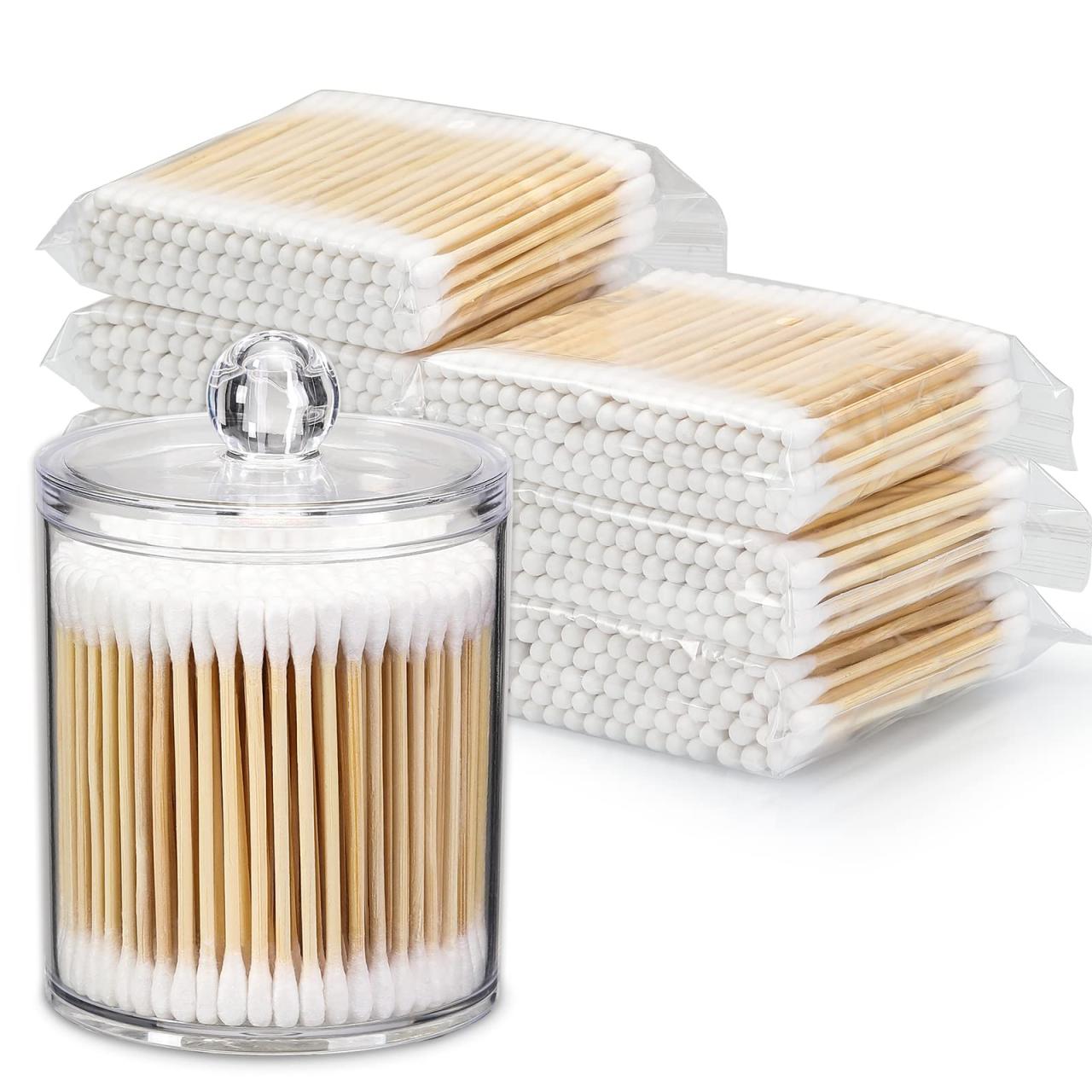
The shift towards sustainability has influenced consumer preferences in recent years. A survey conducted by Nielsen in 2018 found that 73% of millennials are willing to pay more for sustainable products. This trend is reflected in the growing market for bamboo cotton swabs:
- Rising Demand: Brands like LastSwab and EcoRoots have emerged, offering bamboo cotton swabs as alternatives to single-use plastic swabs.
- Retail Growth: Major retailers are adding sustainable products to their shelves, reflecting a shift in consumer demand towards eco-friendly products.
- Innovation: Companies are exploring various ways to enhance bamboo swab functionality, including dual-tipped designs and specialized shapes.
Case Studies: Brands Leading the Way
Several brands have successfully positioned themselves in the bamboo cotton swab market, emphasizing sustainability and performance. Here are a few notable examples:
- LastSwab: This brand offers a reusable cotton swab made from sustainable materials. Their product aims to eliminate the need for disposable swabs entirely.
- EcoRoots: They provide biodegradable bamboo cotton swabs packaged in eco-friendly materials, targeting environmentally conscious consumers.
- Q-tips®: As a market leader, Q-tips® has launched a line of eco-friendly cotton swabs, showcasing the competitive pressure to innovate sustainably.
The Cost Factor
When comparing bamboo and plastic cotton swabs, it is essential to consider the cost. While bamboo products may have a higher initial price point, their sustainability benefits can outweigh the costs in the long run. Here’s a breakdown:
- Plastic Cotton Swabs:
- Typically cheaper, costing around $3-$5 for a pack of 200 swabs.
- Widely available in drugstores and supermarkets.
- Bamboo Cotton Swabs:
- Usually priced higher, ranging from $5-$10 for a pack of 100 swabs.
- Available through online retailers and specialty eco-friendly stores.
Consumer Education and Awareness
As more consumers become aware of the environmental impact of their choices, education plays a crucial role in shaping preferences. Brands that invest in educating their customers about the benefits of bamboo over plastic are likely to gain a competitive edge. This includes:
- Providing information on the biodegradability of bamboo.
- Highlighting the harmful effects of plastic pollution on wildlife and ecosystems.
- Offering comparisons that illustrate the long-term cost and environmental benefits of switching to bamboo.
Conclusion: The Future of Cotton Swabs
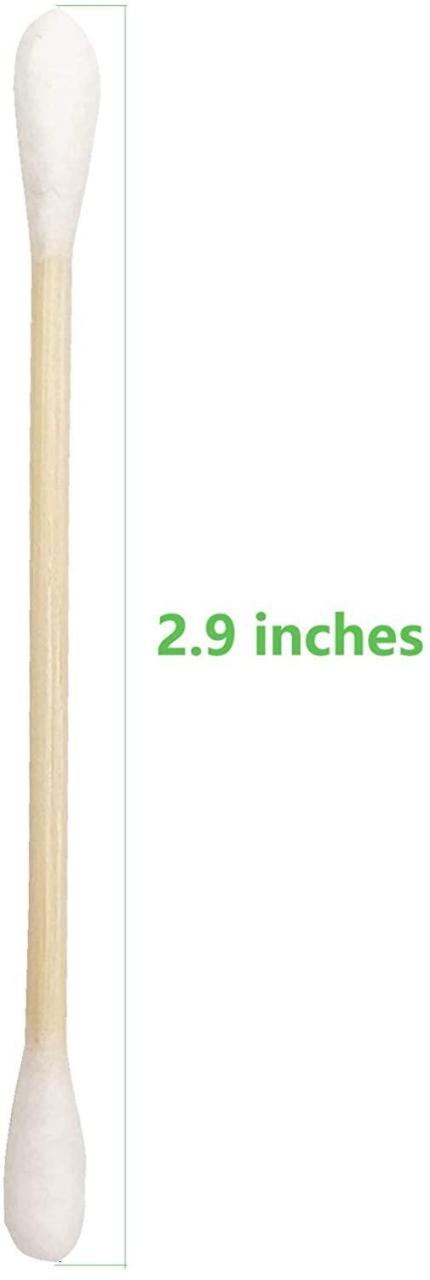
The showdown between bamboo and plastic cotton swabs highlights a significant shift in consumer behavior towards sustainable products. With increasing awareness of environmental issues, bamboo cotton swabs present a compelling alternative to traditional plastic swabs. While plastic swabs may offer certain advantages in terms of durability and availability, their long-term environmental impact cannot be ignored. Bamboo, with its biodegradable nature and sustainable production, emerges as a worthy contender in the cotton swab market.
Ultimately, the choice between bamboo and plastic comes down to individual values and priorities. As consumers continue to seek eco-friendly options, it is likely that bamboo cotton swabs will see increased adoption, leading to a greener future for personal care products. The battle may be ongoing, but the trend towards sustainability is clear, and bamboo is poised to lead the charge.
